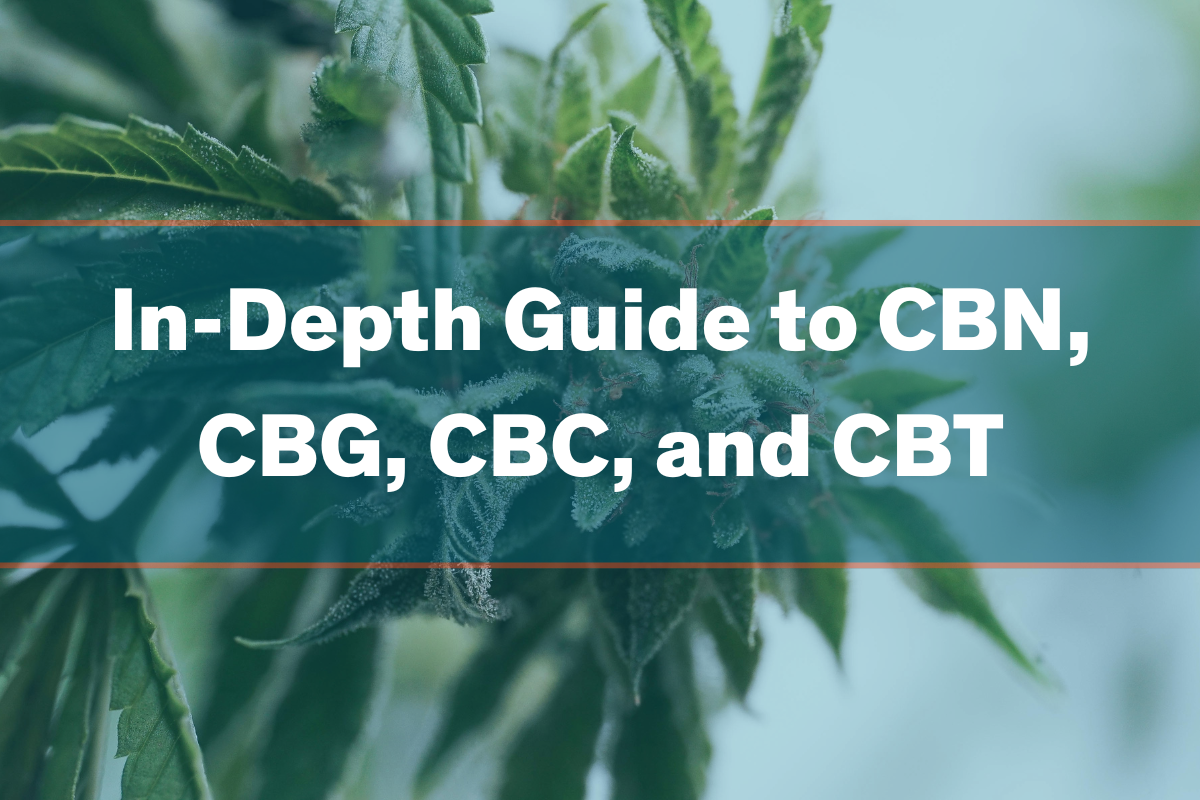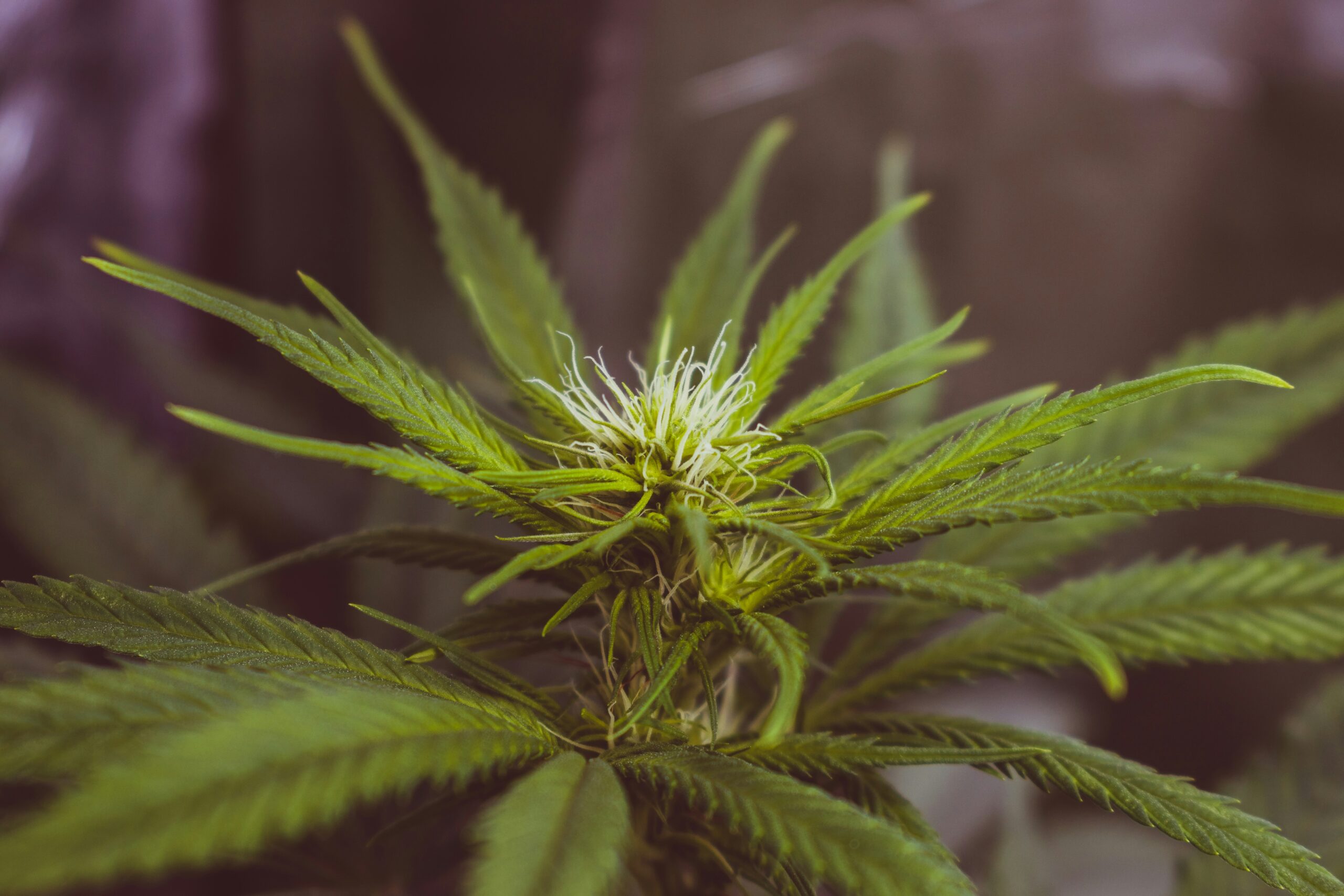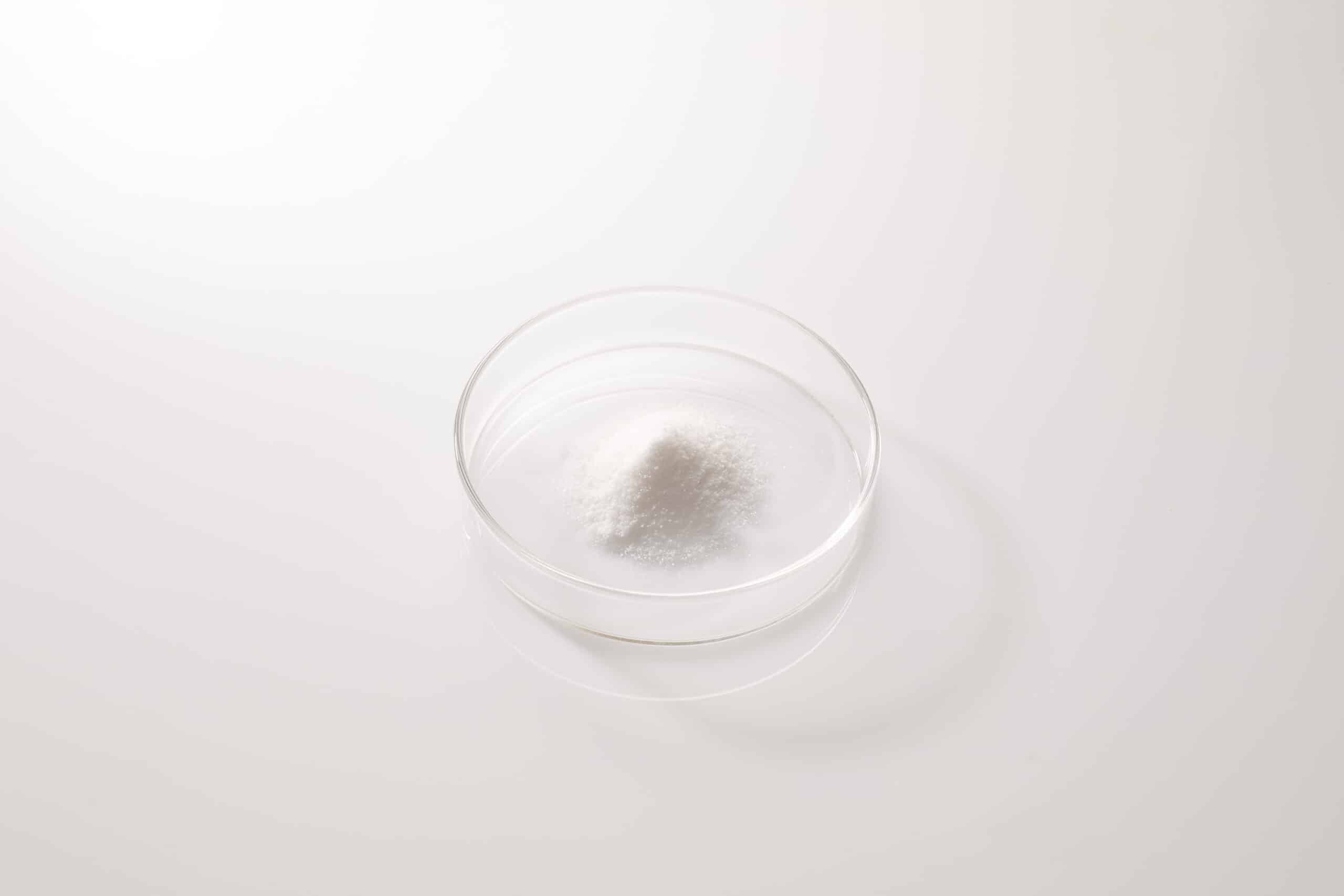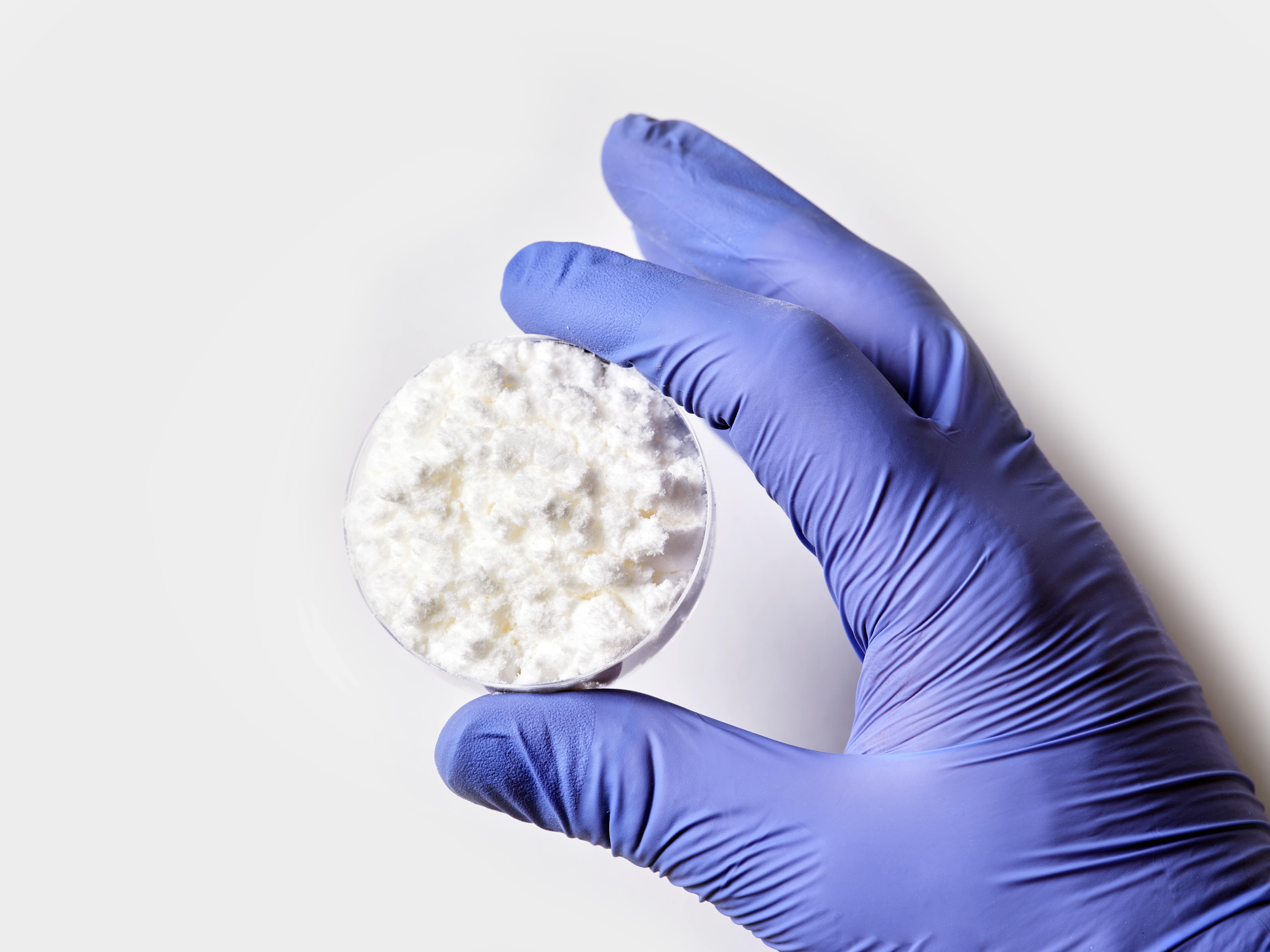Cannabis cafes in Amsterdam have always been notorious, but is that the only way Holland has distinguished itself as an epicenter of cannabinoid culture? Why is cannabis purchasable in the Netherlands in the first place, and what does it mean for entrepreneurs seeking to enter the Dutch market? We’ll cover all the details in this comprehensive guide to cannabinoid law and culture in Holland.
A note on terminology
First, it’s important to clear up the confusing English terms that refer to Holland. Technically, Holland is only an area in the Netherlands, the official term for the nation of the Dutch people. However, in English and other languages, Holland is commonly used to refer to the Netherlands as a whole. As a result, the names “Holland” and “the Netherlands” are usually interchangeable even though they mean slightly different things.
Are cannabinoids legal in Holland?
Most cannabinoids are illegal in Holland, including THC, which is outright banned. If this situation seems counterintuitive at first, you’re not to blame.
Contrary to popular opinion, cannabis is not legal in Holland. Instead, Dutch authorities have simply turned a blind eye to black-market cannabis operations servicing a network of coffee shops, in which the sale of up to 5 grams of cannabis per person was decriminalized in 1976¹.
Decriminalization is not the same thing as legalization, however. THC possession and use remains a crime in the Netherlands.
The nation established an Office of Medicinal Cannabis in 2001², making it one of the first nations to allow medical use of THC. However, access to the official Dutch medical cannabis system is very limited and only available through the context of conventional medicine. Even users who rely on cannabis for medical purposes, therefore, usually acquire their THC through gray-market coffee shops anyway.
Holland has one of the most bizarrely restrictive policies on CBD found anywhere in the world. CBD products are allowed in the Netherlands, but only as long as they contain less than 0.05% THC³, six times less than the general standard of 0.3%.
Adhering to this policy means that only isolate and broad-spectrum CBD products are allowed in Holland, reducing the potential benefits of the entourage effect. There has been a recent effort to change Holland’s tourism image, and perhaps imposing strict restrictions on the CBD market is a way of showing solidarity with this movement.
History of cannabis in the Netherlands
During a Dutch Rail effort to establish a new train line to the northeast region of Holland, workers stumbled upon a 4,200-year-old grave⁴ containing traces of Cannabis sativa. As appears to be the case for the vast majority of Western Europe, ancient peoples inhabiting what is now the Netherlands clearly incorporated cannabis into their medicinal and religious rituals.
Cannabis use in the region of Holland was generally unstigmatized until the formation of the Dutch East India Company, which unveiled the use of cannabis as a narcotic by certain cultures of the Far East. The economic closeness of the Dutch with these cultures led to a serious cannabis import problem, which wasn’t fully addressed until the late 1920s.
While still following general EU and UN guidelines on illegal drugs, the Dutch chose to go their own way with cannabis by allowing cafes to sell it for recreational use since the 1970s. Over the course of nearly 50 years, though, this practice has only exacerbated, not alleviated, social pressures caused by the illegality of cannabis.
History of cannabis laws in Holland
The first historical record of Dutch cannabis law comes from 1921⁵ when a ban on cannabis was lifted in Dutch-controlled Suriname at the behest of an immigrant association. The Dutch clearly continued to struggle with controlling cannabis use and commerce, however, as is evidenced by a ban on cannabis in Dutch Indonesia in 1927⁶ and a subsequent ban in all Dutch holdings (including Holland) the following year.
Then, in 1953, the Netherlands signed the Geneva Convention on Drugs⁷, enshrining the Dutch cannabis ban in international law. This ban would only last 23 years, however, before a Dutch commission on drugs found reason to believe teenagers buying cannabis from street dealers would make them more likely to try more dangerous drugs as well.
The Dutch, therefore, made a distinction in their law between “hard” and “soft” drugs, with cannabis being one of the latter and now authorized for sale in coffee shops in quantities of up to 5 grams. What Dutch authorities failed to do at the same time, however, was ensure a supply of cannabis to these shops existed outside the black market.
As a result, all cannabis sold in Dutch coffee shops is still provided by black-market growers, which has only strengthened organized crime in the Netherlands. Cultural acceptance of cannabis has led to both legal and economic incentives to produce other drugs, like MDMA, in the Netherlands as opposed to other European countries, giving Holland an overall reputation of criminality that its increasingly cosmopolitan-leaning government is having trouble tolerating.
Which cannabinoids are legal in the Netherlands?
The only cannabinoid that can be considered legal in Holland is CBD, and even then only under very strict guidelines. The conception that THC is legal in the Netherlands is entirely erroneous, and the Dutch government has not given any indication that they intend to allow the sale of any cannabinoids other than CBD anytime in the near future.
Is CBD legal in Holland?
CBD is legal in Holland as long as it contains less than 0.05% THC, one of the lowest THC thresholds for CBD products in the world. Hemp or cannabis cannot legally be processed into CBD extract in the Netherlands, so any CBD products sold in the nation must be imported.
Even though it is not considered to be within the sphere of Holland’s medical cannabis system, CBD imports are nonetheless processed by the Healthcare and Youth Care Inspectorate. Those interested in importing cannabinoids into the Netherlands can learn more on the official website⁸ of the Dutch Ministry of Health, Welfare, and Sport.
Is CBG legal in Holland?
Holland has not made any special concessions for the recently popular cannabinoid cannabigerol (CBG) in the same way that it has for CBD, so it is safe to assume that CBG products are not allowed for import or sale in the Netherlands. Given the Dutch government’s unsparing approach to CBD commerce, it would be unwise to assume that imports of CBG or other non-CBD, non-intoxicating cannabinoids would simply fly under the radar.
Is THC legal in Holland?
No, THC-rich cannabis, still referred to as “marijuana,” remains illegal in the Netherlands for adult use. The only context in which THC cannabis is allowable in the Netherlands is when it is used and sold in authorized cannabis cafes or dispensed in pharmacies on a prescription basis. Coffee shop cannabis only becomes decriminalized at the point of sale with producers still operating entirely within the black market.
The Dutch medical cannabis program is too small and restrictive to meet a citizen’s average needs. The current “coffee shop” system only promotes low-quality products and criminal behavior. Clearly, the answer is a regulated and inclusive adult-use and medical cannabis industry, an answer that politicians in the Netherlands are proving slow to accept.
Does Holland have adult-use cannabis?
No, there is no adult-use cannabis program in the Netherlands. Citizens who wish to use cannabis products must buy them from a questionable coffee shop. Requests for third-party lab reports are often not taken seriously and usually do not result in the provision of any substantial information.
Once you have bought cannabis from a Dutch shop, you must use it on-site to stay within the nation’s decriminalization framework. It is illegal for Dutch authorities to arrest you for possession of under 5 grams of cannabis, but it is also illegal to possess THC-rich cannabis in any quantity, meaning that slap-on-the-wrist cannabis confiscations are common — especially in Dutch border towns.
Can you import cannabinoids into Holland?
Yes, importing cannabinoid products into Holland is the only way for them to enter the Dutch market. And, at present, the legitimate Dutch cannabinoid market consists solely of a highly restrictive CBD economy (<0.05% THC threshold) and a minuscule medical cannabis program mainly servicing the terminally ill, perhaps calling into question the overall viability of cannabinoid imports into the nation at this time.
Are there cannabinoid manufacturers in Holland?
No, the only cannabinoid manufacturers operating within the borders of Holland are either black-market or associated with the nation’s medical cannabis system. Processing hemp or cannabis for other reasons in the Netherlands is illegal by national law9.
Summary: Holland, an illusory cannabis paradise
It wasn’t so long ago that cannabis was fully illegal practically everywhere in the world. By contrast, the Netherlands served as a nearly comical oasis for cannabis use due to its unique coffee shop culture.
While cannabis tourism still brings in nearly $400 million a year, the cost to the Dutch social fabric has been severe. A program initially started to prevent youth drug use has made the Netherlands the drug capital of Europe. Holland is now known as the continental epicenter of drug and sex tourism, something local authorities never intended.
Ironically, Holland is now also one of the most backward European countries when it comes to overall cannabis law. By legitimizing a gray-area industry, the Dutch allowed their cannabis black market to blossom while disabling average citizens from enjoying the manifold benefits of cannabinoids.
Caution is certainly warranted when approaching the Dutch cannabinoid market in its current state. As intensely restrictive policies on CBD show, the Netherlands has had a complex and challenging relationship with cannabis over the last 50 years, necessitating a thoughtful and measured approach moving forward.
Sources
1. Visram, T. (2023). The Netherlands was once a cannabis pioneer, but it still hasn’t legalized weed. What happened? Fast Company. https://www.fastcompany.com/90832031
2. Ministerie van Volksgezondheid, Welzijn en Sport. (2020, September 24). Office of Medicinal Cannabis – The Office of Medicinal Cannabis. https://english.cannabisbureau.nl/
3. Hazekamp, A. (2018). The Trouble with CBD Oil. Medical Cannabis and Cannabinoids, 1(1), 65–72. https://doi.org/10.1159/000489287
4. Pascoe, R. (2012, April 11). Marijuana traces found in early bronze-age grave – DutchNews.nl. DutchNews.nl. https://www.dutchnews.nl/2012/04/marijuana_traces_found_in_earl/
5. Hoefte, R. (1998). In place of slavery: A Social History of British Indian and Javanese Laborers in Suriname.
6. Slone, T. H. (2003). Prokem.
7. UNODC – Bulletin on Narcotics – 1953 Issue 3 – 011. (1953, January 1). United Nations : Office on Drugs and Crime. https://www.unodc.org/unodc/en/data-and-analysis/bulletin/bulletin_1953-01-01_3_page012.html
8. Ministerie van Volksgezondheid, Welzijn en Sport. (2021, September 14). Foreign patients and businesses. Import and Export | the Office of Medicinal Cannabis. https://english.cannabisbureau.nl/import-and-export/foreign-patients-and-businesses
9. Netherlands: An overview of the Dutch hemp market. (2020, May 18). USDA Foreign Agricultural Service. https://www.fas.usda.gov/data/netherlands-overview-dutch-hemp-market






